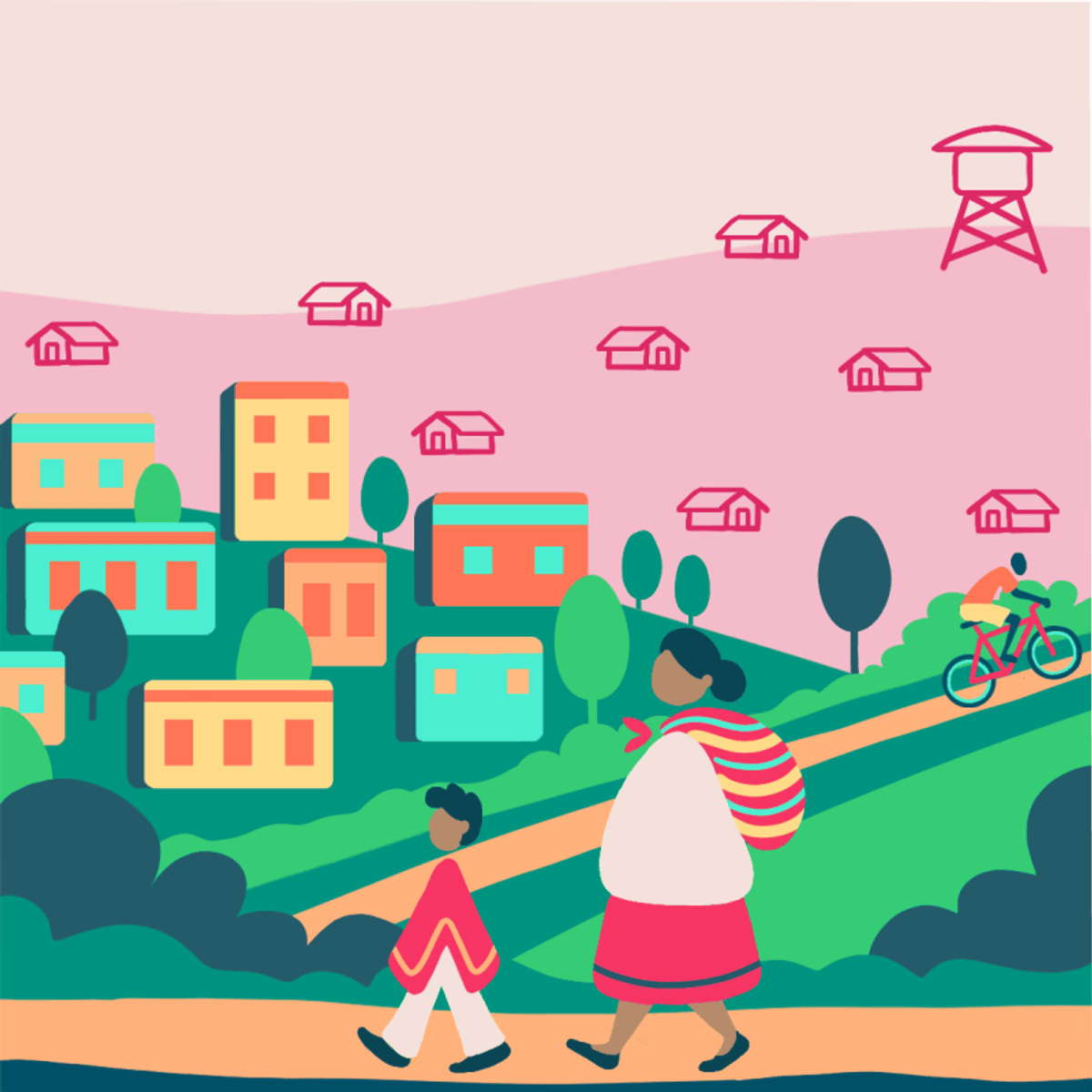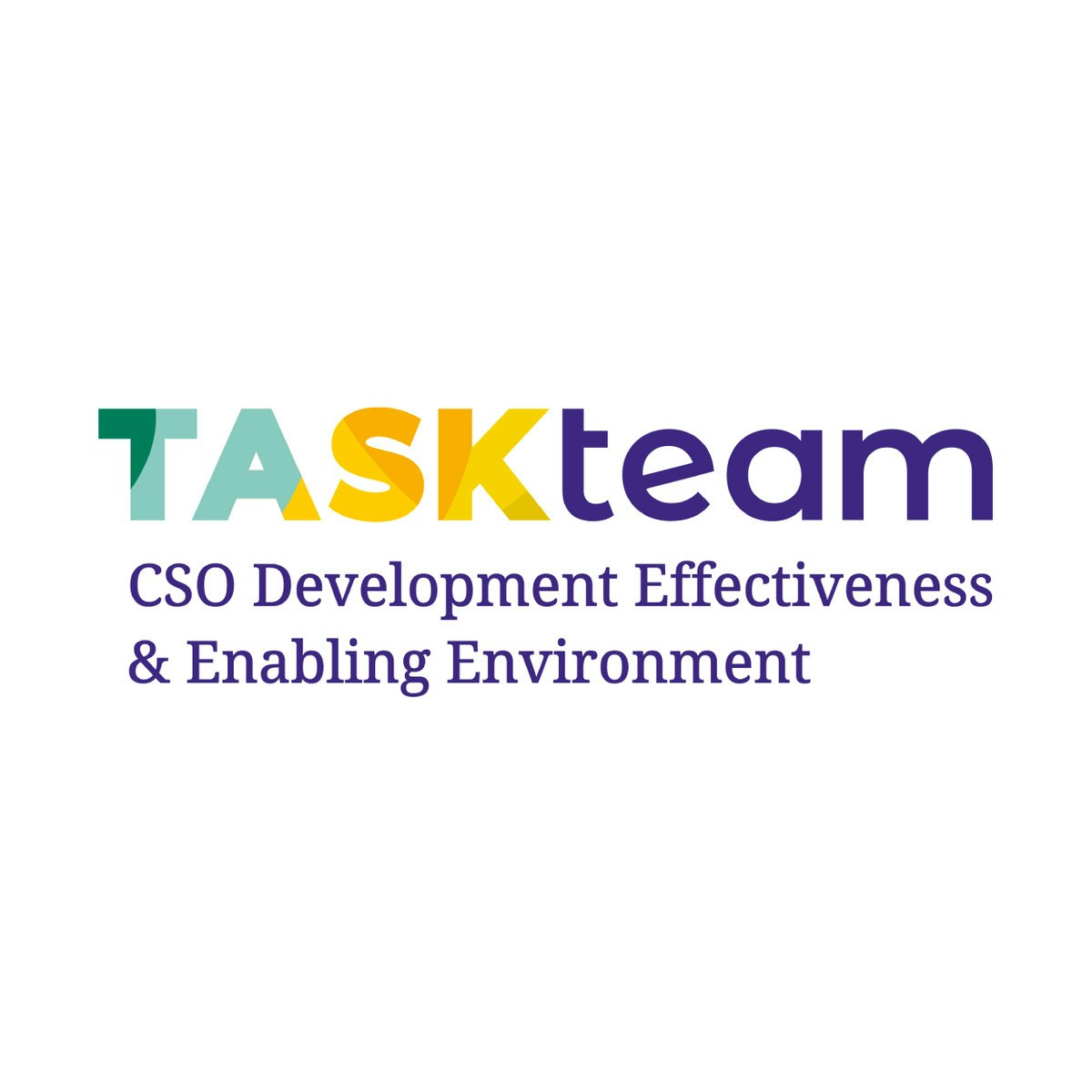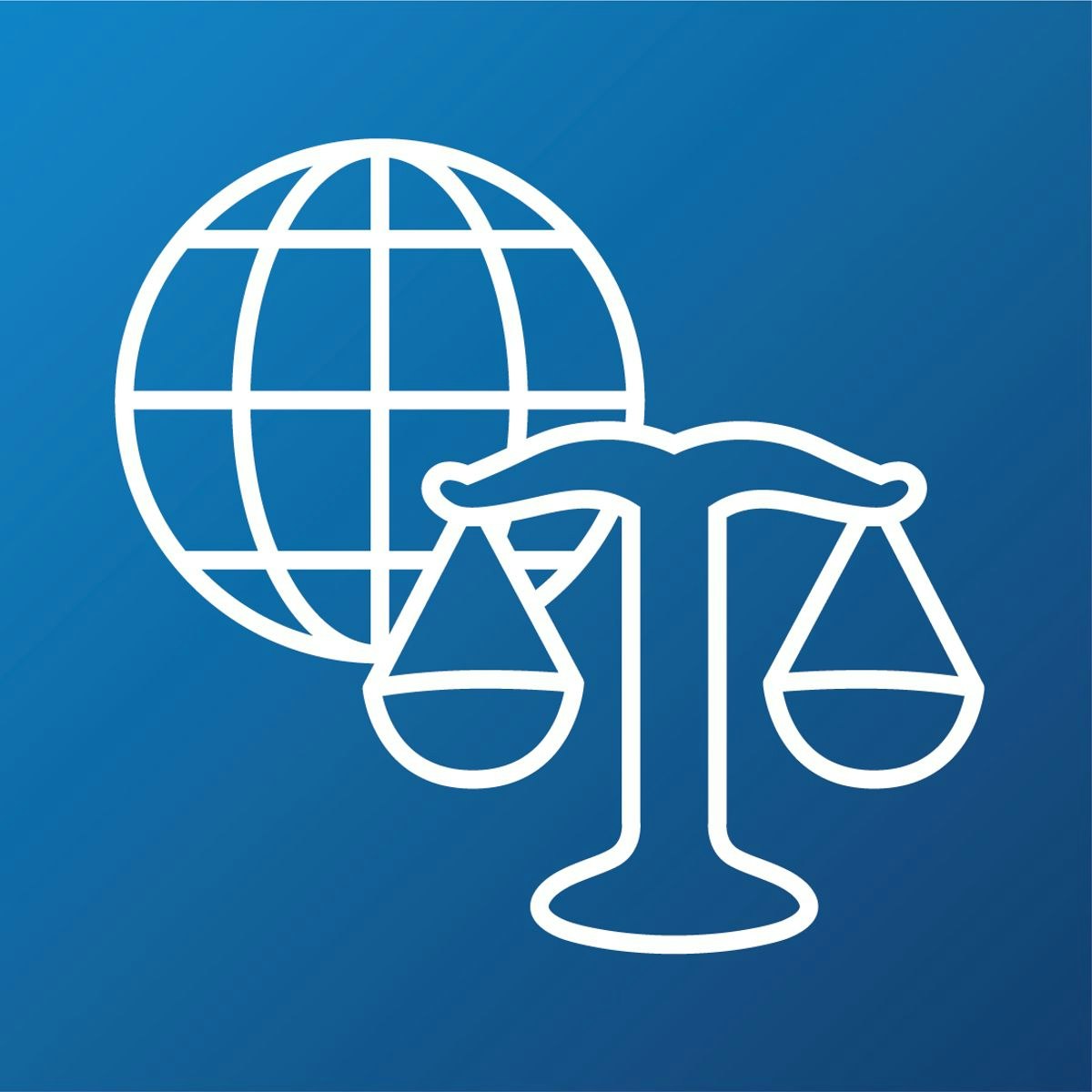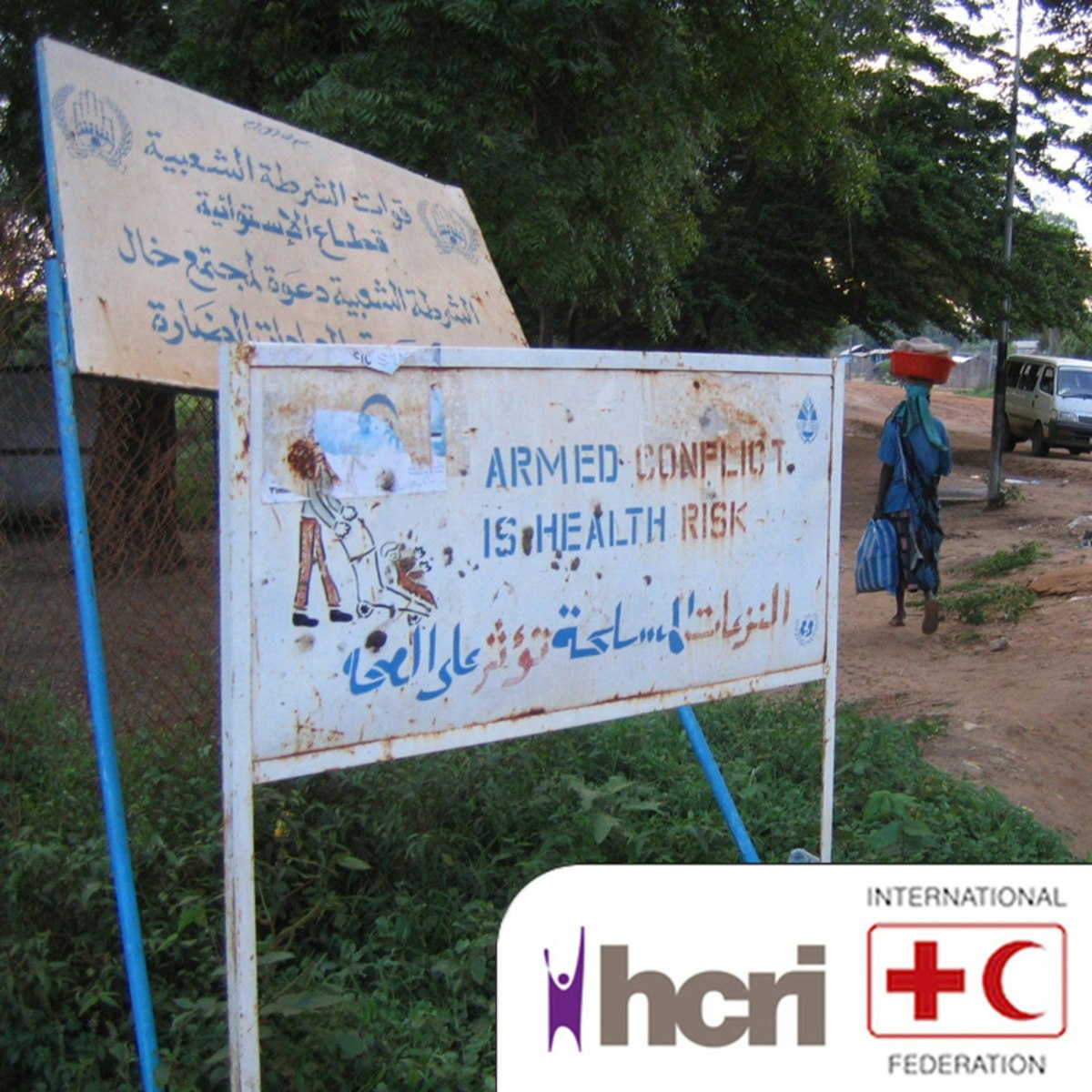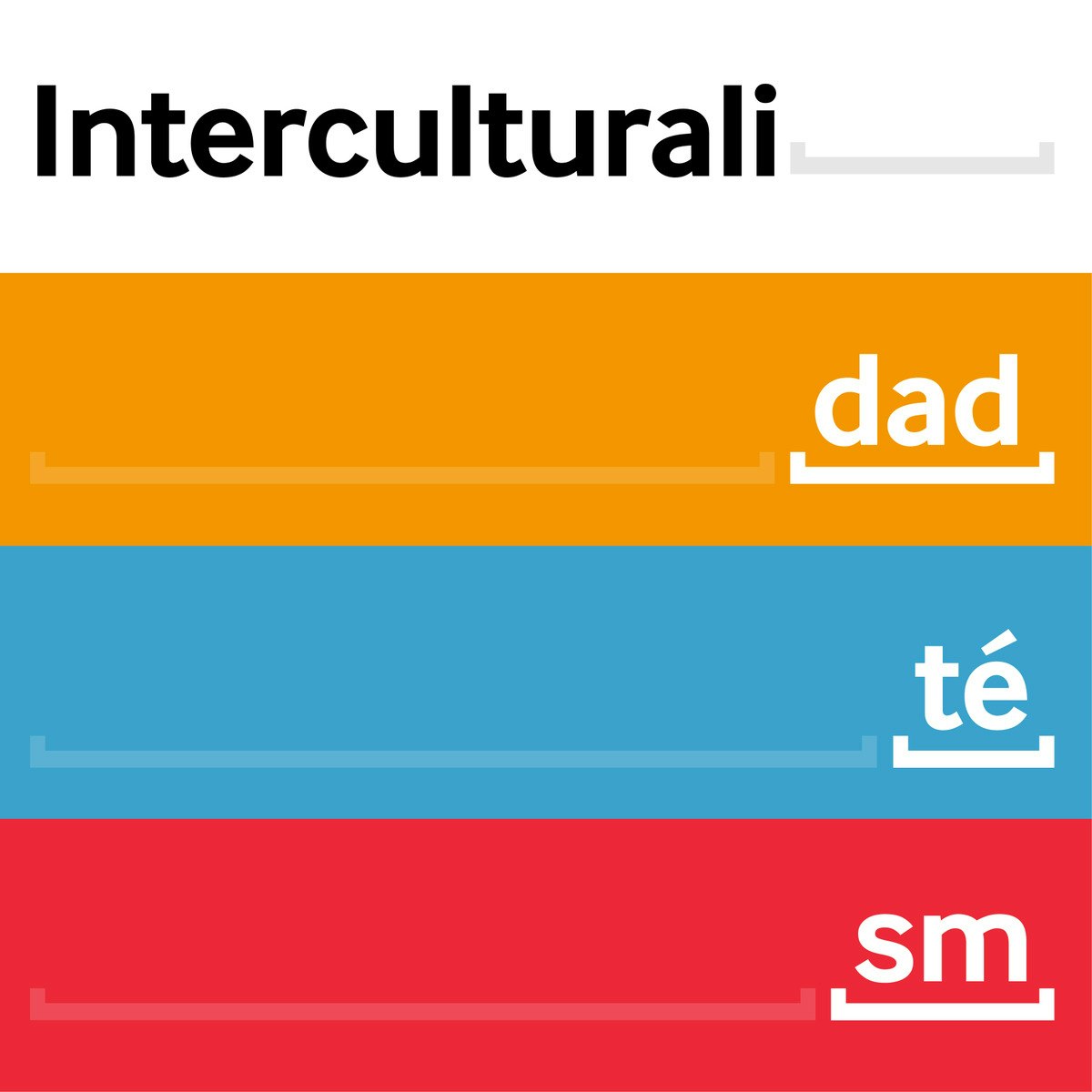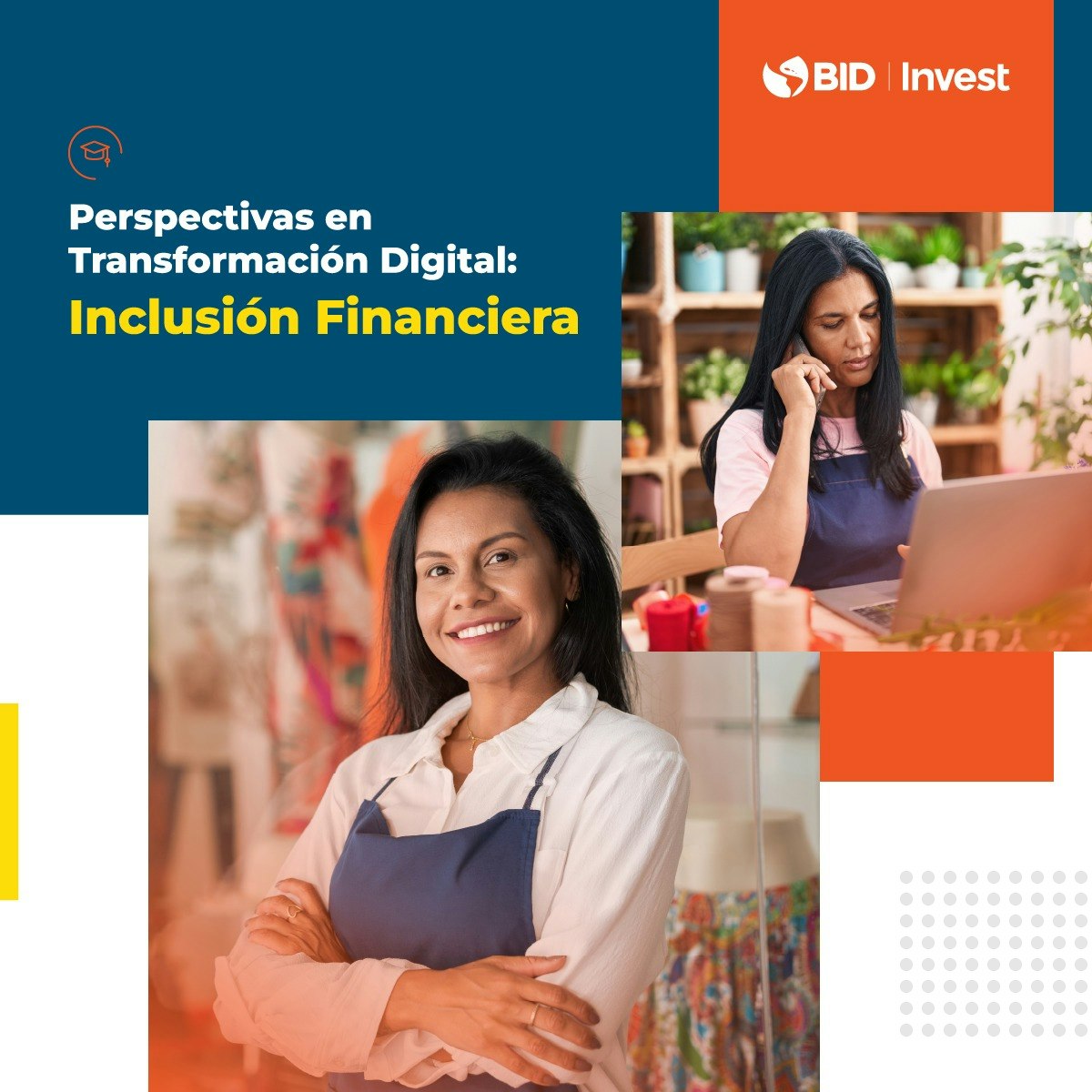International Development Officer
A Career Guide to Becoming an International Development Officer
An International Development Officer works at the forefront of global efforts to improve living conditions, promote sustainable growth, and foster social equity in communities around the world. This role involves planning, managing, and implementing programs aimed at addressing complex challenges like poverty, disease, environmental degradation, and lack of access to education or healthcare.
Working in international development can be deeply rewarding, offering the chance to contribute to meaningful change and engage with diverse cultures. Professionals in this field often find excitement in tackling complex global problems, collaborating with international partners, and seeing the tangible impact of their work on people's lives. It's a career path that demands passion, resilience, and a commitment to global citizenship.
Introduction to International Development Officer
This section provides a foundational understanding of the international development field and the specific role of an officer within it.
Definition and Core Purpose
An International Development Officer is a professional dedicated to designing, implementing, and managing initiatives that foster positive change in developing regions or among vulnerable populations globally. Their core purpose is to facilitate sustainable improvements in economic stability, social welfare, health, education, and environmental conditions.
These officers act as bridges between resources (funding, expertise) and needs, working to ensure that development efforts are effective, culturally appropriate, and lead to lasting benefits for the communities involved. They operate within a complex ecosystem of global challenges and opportunities.
The ultimate goal is to empower communities and nations to achieve self-sufficiency and improve the quality of life for their citizens, contributing to a more equitable and stable world order. This often involves navigating intricate political, social, and economic landscapes.
Key Sectors of Engagement
International development spans a wide range of sectors. Humanitarian aid focuses on providing immediate relief during crises, such as natural disasters or conflicts, delivering essentials like food, water, shelter, and medical care.
Sustainable development takes a longer-term view, aiming to build resilient communities and economies. This includes projects in agriculture, clean energy, infrastructure development, education reform, public health systems, and governance strengthening.
Other key areas include microfinance to support small businesses, gender equality initiatives, human rights advocacy, and peacebuilding efforts in post-conflict zones. Officers often specialize in one or more of these sectors based on their expertise and the needs of their employing organization.
Understanding the interconnectedness of these sectors is vital. For instance, improving education (SDG 4) can enhance health outcomes (SDG 3) and economic opportunities (SDG 8), reflecting the holistic approach of frameworks like the UN's Sustainable Development Goals.
These courses provide insight into the Sustainable Development Goals (SDGs), a crucial framework guiding much of the work in international development today.
Typical Employers
International Development Officers work for a diverse array of organizations. Non-governmental organizations (NGOs), ranging from large international charities like Oxfam or Save the Children to smaller, community-based groups, are major employers.
Government agencies, such as USAID (United States Agency for International Development) or the UK's Foreign, Commonwealth & Development Office (FCDO), employ officers to manage bilateral aid programs and development policy.
Multilateral organizations like the World Bank, the United Nations Development Programme (UNDP), and regional development banks (e.g., African Development Bank, Asian Development Bank) hire officers for large-scale international projects and policy coordination. Private foundations and consulting firms specializing in development also offer opportunities.
Global vs. Regional Focus
The scope of work can vary significantly. Some officers work on globally focused programs addressing issues like climate change or pandemic response that transcend borders. Their work might involve international policy coordination or managing projects across multiple countries.
Others concentrate on specific regions, such as Sub-Saharan Africa, Southeast Asia, or Latin America. This requires deep understanding of the region's unique cultural, political, and economic contexts. Language skills and regional expertise are often crucial for these roles.
Even within a regional focus, specialization might narrow further to a specific country or a particular theme, like rural development in East Africa or urban infrastructure in South Asia. The choice between a global or regional focus often depends on the officer's interests, skills, and the mandate of their employer.
These books delve into the geographical and political contexts that shape international development work.
Roles and Responsibilities of an International Development Officer
This section details the common tasks and duties involved in the day-to-day work of an International Development Officer.
Designing and Implementing Development Projects
A core responsibility is the design of development projects. This involves identifying needs through research and community consultation, defining clear objectives and expected outcomes, and developing logical frameworks or theories of change.
Implementation involves translating project plans into action. This includes managing budgets, coordinating logistics, procuring goods and services, hiring and supervising local staff, and ensuring activities are carried out according to plan and within ethical guidelines.
Officers must be adaptable, as unexpected challenges often arise. They need strong project management skills to keep initiatives on track, manage risks, and make necessary adjustments to achieve the desired impact.
This course focuses specifically on project management within the development context, offering valuable tools and methodologies.
Stakeholder Coordination
Effective development work relies on collaboration. Officers spend significant time coordinating with various stakeholders. This includes government ministries at national and local levels to ensure alignment with public policies and regulations.
Engaging with other NGOs and civil society organizations is crucial for avoiding duplication, sharing best practices, and building synergistic partnerships. Working closely with community leaders and beneficiaries ensures projects are relevant, owned locally, and sustainable.
Communication is key in managing these diverse relationships. Officers must navigate differing priorities, build consensus, and foster trust among partners who may have varied perspectives and interests.
This course explores how to effectively engage civil society, a critical stakeholder group in development efforts.
Monitoring and Evaluating Program Impact
Simply implementing projects isn't enough; demonstrating their effectiveness is vital. Officers are responsible for monitoring progress against set indicators and evaluating the overall impact of interventions.
This involves collecting and analyzing data (both quantitative and qualitative), conducting field visits, and soliciting feedback from beneficiaries. Monitoring helps identify problems early and make timely corrections, while evaluation assesses whether the project achieved its intended outcomes and offers lessons for future work.
Skills in data analysis and results-based management are increasingly important. Officers must be able to report clearly and accurately on project performance to donors, partners, and the public.
This course delves into impact evaluation methods specifically tailored for development contexts.
This book provides guidance on using assumptions effectively in program evaluation.
Grant Writing and Fundraising
Securing funding is essential for most development organizations. Many officers, especially those in NGOs, are involved in grant writing and fundraising activities.
This requires identifying potential funding opportunities from governments, foundations, corporations, or individual donors. It involves crafting compelling proposals that clearly articulate the problem, proposed solution, budget, and expected impact, tailored to the donor's priorities.
Building relationships with donors and reporting transparently on how funds are used are also part of this responsibility. Strong writing, communication, and budgeting skills are necessary for success in this area.
Educational Pathways for Aspiring Officers
Formal education provides a crucial foundation for a career in international development. This section outlines typical academic routes.
Relevant Undergraduate Degrees
A bachelor's degree is generally the minimum requirement. Degrees in International Relations or International Studies provide a broad understanding of global politics, economics, and cultures.
Other relevant fields include Political Science, Economics, Sociology, Anthropology, and Public Policy. Degrees focused on specific sectors like Public Health, Environmental Science, or Agriculture can also be valuable entry points, especially when combined with international coursework or experience.
Developing strong analytical, research, and writing skills during undergraduate studies is essential, regardless of the specific major. Language studies are also highly recommended.
This foundational book provides an overview of theories in international relations.
This course offers an introduction to international relations concepts.
Graduate Programs
Many roles, particularly those involving policy analysis, program management, or research, require a master's degree. Popular options include a Master of Public Administration (MPA), Master of Public Policy (MPP), or Master of International Affairs (MIA).
Specialized master's degrees in Development Studies, International Development, Global Health, or related fields offer focused training. Programs often combine coursework in theory, policy analysis, management, and quantitative/qualitative methods with opportunities for internships or fieldwork.
Choosing a graduate program often involves considering specific concentrations (e.g., humanitarian assistance, economic development, conflict resolution) that align with career interests. Interdisciplinary programs combining fields like economics and environmental policy, or public health and management, are increasingly common.
These books cover key aspects of global politics and international political economy, often studied at the graduate level.
PhD Routes for Research and Policy Roles
A PhD is typically pursued by those interested in academic careers, senior research positions within development organizations, or high-level policy advisory roles. Doctoral studies involve deep specialization in a particular area of development.
PhD programs emphasize rigorous research methodologies and original contributions to knowledge. Fields like Development Economics, Political Science (with an international/comparative focus), Sociology, or Anthropology are common pathways.
While not necessary for most practitioner roles, a PhD provides advanced analytical skills and credibility for those aiming to shape development theory, conduct large-scale research, or influence policy at the highest levels.
Importance of Fieldwork and Practical Experience
Academic qualifications alone are often insufficient. Practical experience, particularly fieldwork in developing countries or communities, is highly valued and sometimes required.
Internships, volunteer positions, or entry-level roles with NGOs, government agencies, or international organizations provide invaluable hands-on experience. This exposure helps build practical skills, cultural understanding, and professional networks.
Many graduate programs incorporate mandatory internships or capstone projects involving real-world development challenges. Demonstrating adaptability, resilience, and the ability to work effectively in diverse and challenging environments is crucial for career progression.
Online and Hybrid Learning Opportunities
Beyond traditional degrees, online learning offers flexible ways to acquire knowledge and skills relevant to international development.
Core Competencies via Online Platforms
Online courses can effectively teach foundational concepts in international relations, global health, sustainable development, and project management. Platforms like OpenCourser aggregate offerings from universities and organizations worldwide.
Learners can access courses on specific topics like humanitarian aid principles, monitoring and evaluation techniques, gender analysis, or climate change adaptation. This allows for targeted skill-building or exploration of new areas within the broader field.
These platforms offer flexibility for working professionals seeking to upskill or career changers exploring the field without committing to a full degree program immediately. Certificates from reputable institutions can enhance a resume.
These courses cover various aspects of international development, governance, and related fields, accessible online.
Supplementing Formal Education with Technical Skills
Online learning is particularly useful for acquiring specific technical skills demanded in the field. Courses in Geographic Information Systems (GIS) for mapping and spatial analysis, statistical software (like R or Stata), or data visualization tools are widely available.
Expertise in budget management software, donor reporting platforms, or specific monitoring and evaluation frameworks can also be developed online. These practical skills complement theoretical knowledge gained through formal degrees and make candidates more competitive.
Even skills like proposal writing or cross-cultural communication can be honed through specialized online workshops and courses, providing practical tools applicable to daily work.
Consider exploring courses in Data Science or specific Software Tools relevant to your area of interest on OpenCourser.
Building Portfolio Projects Remotely
Online platforms can facilitate participation in virtual internships or remote volunteer opportunities with development organizations. Some courses incorporate project-based learning where students tackle real-world case studies or develop project proposals.
Contributing to open-source data projects related to development indicators, participating in online policy simulations, or conducting remote research for an NGO can help build a portfolio demonstrating practical skills and commitment.
These experiences, even if remote, can be valuable additions to a CV and provide talking points for interviews, showcasing initiative and the ability to apply learned concepts.
Career Progression and Promotional Trajectories
Understanding the typical career path helps aspiring officers plan their professional development.
Entry-Level Roles
Graduates often start in roles like Project Assistant, Program Associate, Field Coordinator, or Research Assistant. These positions provide exposure to project cycles, administrative tasks, data collection, and stakeholder interaction under supervision.
Internships or volunteer positions, often unpaid or with a small stipend, are common stepping stones. These entry-level experiences are crucial for learning the practicalities of development work and building a professional network.
Competition for entry-level positions can be high, often requiring a relevant degree, some practical experience (even volunteering), language skills, and demonstrated passion for the field.
Mid-Career Specialization
After gaining several years of experience, officers typically move into roles with more responsibility, such as Program Officer, Project Manager, or Technical Advisor. These positions involve managing specific projects or providing expertise in a particular sector (e.g., health, education, agriculture).
Mid-career professionals often develop specialized skills in areas like monitoring and evaluation, grant management, policy analysis, or advocacy. They may take on supervisory responsibilities, manage larger budgets, and engage in strategic planning.
Further specialization might lead to roles focusing on specific regions or thematic areas. Continuous learning, professional development, and potentially a master's degree become important for advancement.
Senior and Executive Positions
With extensive experience and a proven track record, officers can advance to senior leadership roles. These include Country Director, Regional Director, Head of Programs, or Director of Policy and Advocacy.
Senior leaders are responsible for setting strategic direction, managing large teams and budgets, representing the organization externally, and ensuring overall organizational effectiveness and impact. These roles require strong leadership, strategic thinking, and diplomatic skills.
At the executive level, individuals may lead entire organizations or major divisions within large international bodies, shaping global development agendas and influencing significant resource allocation.
Essential Skills for International Development Officers
Success in this field requires a unique blend of hard and soft skills.
Cross-Cultural Communication
Working effectively across diverse cultural contexts is paramount. This involves understanding different communication styles, social norms, and perspectives, and adapting one's approach accordingly.
Building trust and rapport with local partners, community members, and government officials requires sensitivity, active listening, and respect for cultural differences. Misunderstandings can derail projects, making strong intercultural competence essential.
This skill is not just about avoiding offense; it's about genuinely collaborating and co-creating solutions that are culturally appropriate and locally owned.
These courses focus on intercultural skills, vital for anyone working in international settings.
Language Proficiencies
While English is often the working language of international organizations, proficiency in other languages is a significant asset, and sometimes a requirement, especially for field-based roles.
Languages frequently in demand include French, Spanish, Arabic, Portuguese, Swahili, and Mandarin, depending on the region of focus. Fluency allows for direct communication with local stakeholders, deeper cultural understanding, and greater effectiveness in program implementation.
Even basic conversational ability can help build relationships and demonstrate respect. Continuous language learning is often part of professional development in this field. Explore language courses on OpenCourser.
Budget Management and Donor Reporting
International Development Officers are often entrusted with managing project funds, sometimes substantial amounts. Strong skills in budgeting, financial tracking, and ensuring compliance with financial regulations are crucial.
Transparency and accountability are key. Officers must meticulously report on expenditures and program progress to donors, adhering to specific formats and deadlines. This requires attention to detail and familiarity with financial management principles.
Understanding financial systems and being able to clearly communicate financial information are necessary for maintaining donor confidence and securing future funding.
Adaptability and Resilience in Challenging Environments
Development work often takes place in challenging environments characterized by resource scarcity, political instability, logistical hurdles, or limited infrastructure. Officers must be highly adaptable and able to problem-solve under pressure.
Resilience is key to coping with setbacks, managing stress, and maintaining motivation in demanding situations. Field assignments can involve basic living conditions, separation from family, and potential security risks.
A realistic understanding of these challenges, coupled with strong coping mechanisms and a commitment to the mission, is essential for long-term success and well-being in the field.
Ethical Challenges in International Development
The field is fraught with complex ethical considerations that professionals must navigate thoughtfully.
Power Dynamics in Aid Distribution
The relationship between aid donors/providers and recipients inherently involves power imbalances. Officers must be conscious of how these dynamics can influence decision-making, program design, and local ownership.
Ensuring that aid does not create dependency, undermine local institutions, or reinforce existing inequalities requires careful planning and a commitment to participatory approaches. Ethical practice involves actively working to shift power towards local communities and partners.
Constantly questioning whose voices are being heard and whose interests are being served is a critical part of navigating these power dynamics responsibly.
This course touches upon ethical considerations in a global business context, which has parallels in development.
This book explores the intersection of corporate social responsibility and development, raising related ethical questions.
Risks of Cultural Imposition
Development interventions, even with good intentions, can risk imposing external values, norms, or solutions that clash with local culture and context. This can lead to resistance, project failure, and unintended negative consequences.
Ethical development practice requires deep cultural humility, respect for local knowledge systems, and a commitment to co-designing solutions with communities. Officers must guard against ethnocentrism and strive to understand development from local perspectives.
Balancing universal human rights principles with respect for cultural diversity is an ongoing challenge that demands critical reflection and dialogue.
Environmental Sustainability Trade-offs
Development projects, particularly those involving infrastructure, agriculture, or resource extraction, can have significant environmental impacts. Balancing economic development goals with environmental protection presents ethical dilemmas.
Officers must consider the long-term environmental consequences of projects and advocate for sustainable practices. This involves navigating trade-offs, such as job creation versus habitat preservation, and ensuring compliance with environmental regulations.
Promoting environmentally sustainable development pathways requires integrating environmental considerations into all stages of the project cycle and engaging with complex issues like climate justice.
Industry Trends Impacting the Field
The landscape of international development is constantly evolving. Staying aware of key trends is important for career planning.
Shift Toward Localization of Aid
There is a growing movement to shift power and resources towards local actors – governments, civil society organizations, and communities in developing countries. This "localization" agenda emphasizes local leadership and ownership of development processes.
This trend changes the role of international organizations and officers, moving them towards capacity building, partnership facilitation, and technical support rather than direct implementation. It requires new skills in collaboration and relinquishing control.
Understanding this shift is crucial for adapting strategies and operational models. Organizations like InterAction provide resources and track progress on localization efforts.
Climate Change Integration
Climate change is increasingly recognized as a critical cross-cutting issue impacting all aspects of development. Projects must now consider climate vulnerability, adaptation needs, and mitigation opportunities.
Development officers need a basic understanding of climate science, impacts, and policy responses (Climate Science). Integrating climate considerations into project design, monitoring, and evaluation is becoming standard practice across sectors from agriculture to health.
Expertise in climate finance, renewable energy, climate-resilient agriculture, and disaster risk reduction linked to climate change is in growing demand.
This book focuses specifically on the legal frameworks surrounding international climate change efforts.
Digital Tools for Remote Monitoring and Engagement
Technology is transforming how development work is done. Mobile data collection, satellite imagery, GIS mapping, and online platforms enable more efficient monitoring, evaluation, and community engagement, even in remote areas.
The COVID-19 pandemic accelerated the adoption of digital tools for remote work, training, and program delivery. Proficiency in using relevant technologies and understanding data privacy and digital inclusion issues are increasingly important skills.
However, bridging the digital divide and ensuring technology serves development goals equitably remain key challenges.
This book discusses the role of digitalization in development, particularly concerning gender and resilience.
This course looks at digital transformation in the context of financial inclusion.
Evolving Donor Priorities Post-SDGs
As the Sustainable Development Goals (SDGs) framework approaches its 2030 target date, discussions are underway about future global development agendas. Donor priorities are shifting, influenced by geopolitical changes, emerging global challenges (like pandemics and AI), and critiques of past aid effectiveness.
Trends may include greater emphasis on private sector engagement, innovative financing mechanisms, addressing fragility and conflict, and strengthening global governance systems. Officers need to stay informed about these evolving priorities to align their work and secure funding.
Understanding the policy landscape and the motivations of key donors (governments, foundations, multilateral banks) is crucial for strategic planning.
Frequently Asked Questions (Career Focus)
Here are answers to common questions about pursuing a career as an International Development Officer.
Is fluency in multiple languages mandatory?
While not always strictly mandatory for every single role (especially headquarters-based policy or research positions), fluency or strong proficiency in a language other than English is a significant advantage and often preferred or required for field positions or roles involving direct interaction with non-English speaking communities and partners. French, Spanish, and Arabic are frequently sought after, but needs vary greatly by region and organization. Prioritize languages relevant to the regions or populations you hope to work with.
How competitive are UN agency roles?
Roles within United Nations agencies (like UNDP, UNICEF, WFP) are generally highly competitive. They attract a large pool of qualified applicants from around the world. Successful candidates typically possess advanced degrees (often a Master's), several years of relevant professional experience, language skills, and often prior experience within the UN system or similar large international organizations. Networking and specialized expertise can improve chances.
Can engineers or scientists transition into this field?
Yes, professionals from technical backgrounds like engineering, environmental science, computer science, or health sciences can successfully transition into international development. Their expertise is valuable in specific sectors (e.g., infrastructure, water and sanitation, health tech, conservation). Often, this transition involves acquiring complementary skills in project management, policy analysis, or cross-cultural communication, possibly through further education (like a Master's in Development Practice) or targeted professional development. Highlighting transferable skills and demonstrating a commitment to development principles are key.
What are typical salary ranges?
Salaries vary widely based on the type of employer (NGO, government, UN, private sector), location (headquarters vs. field, cost of living), level of experience, and specific role. NGOs often pay less than government agencies or UN bodies. Entry-level positions might offer modest salaries or stipends, particularly in the non-profit sector. Mid-career and senior roles, especially within multilateral organizations or government agencies, can offer competitive salaries and benefits packages, sometimes including hardship allowances for certain field postings. Researching specific organizations and similar roles on platforms like ReliefWeb or Devex can provide more concrete salary data.
What are the safety concerns in conflict or post-conflict zones?
Working in conflict, post-conflict, or fragile states presents inherent safety and security risks. Organizations operating in these areas typically have robust security protocols, provide safety training, and may restrict movement or implement specific safety measures (e.g., curfews, security escorts). Despite precautions, risks remain. Individuals considering such roles must honestly assess their risk tolerance and be prepared to adhere strictly to security guidelines. Organizations have a duty of care, but personal vigilance and situational awareness are also crucial.
This course discusses peace education in conflict settings.
Are remote work possibilities increasing?
The COVID-19 pandemic accelerated the trend towards remote work in many sectors, including parts of international development. Roles focused on research, policy analysis, grant writing, communications, or certain types of project management based in headquarters may offer more flexibility for remote or hybrid arrangements. However, many roles, particularly those involving direct program implementation, community engagement, or field coordination, still require significant in-person presence and often relocation. The long-term prevalence of remote work will likely vary by organization and specific job function.
Embarking on Your Journey
A career as an International Development Officer is challenging, demanding, and complex, yet offers profound opportunities to contribute to positive global change. It requires a unique combination of academic knowledge, practical skills, cultural sensitivity, ethical reflection, and personal resilience. The path often involves continuous learning and adaptation in response to an ever-changing global landscape.
If you feel drawn to tackling global inequalities and fostering sustainable futures, this field may be a deeply fulfilling path. Be prepared for the rigorous demands but also for the immense satisfaction that comes from working towards a more just and equitable world. Start by building your foundational knowledge, gaining practical experience, and connecting with others in the field. Resources like OpenCourser's International Studies section can help you explore relevant educational opportunities to begin or advance your journey.





